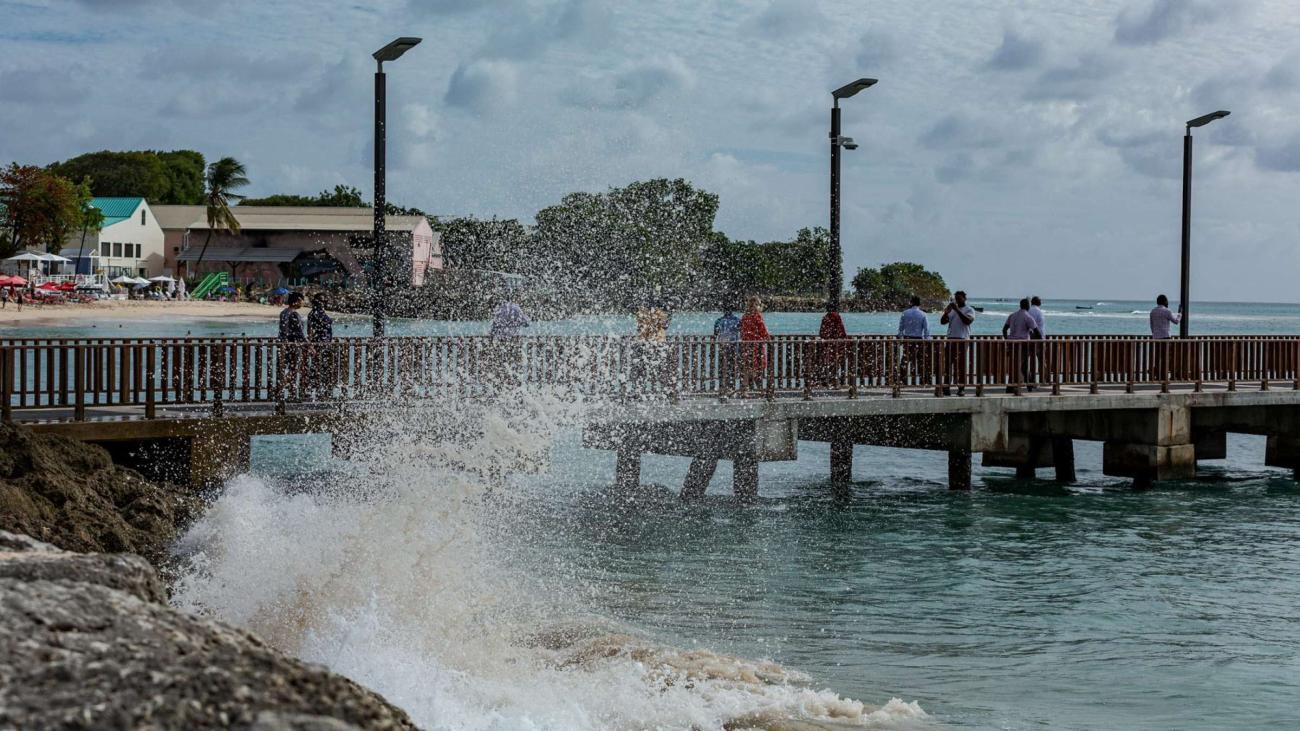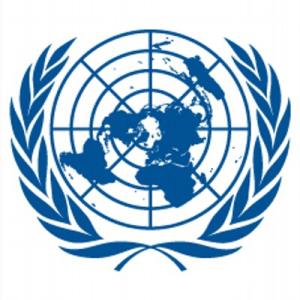In the Caribbean, one of the world’s most disaster-prone regions, multi-hazard early warning systems (MHEWS) are in short supply. Robust MHEWS are critical to climate and disaster resilience, and despite this globally recognised fact, the Caribbean still lacks access to them. In the last two decades, this inequality has compounded hazards into disasters, which have negatively impacted the region’s economies and thus abilities to establish new MHEWS and reinforce existing ones.
In recent years, disaster risk management (DRM) and reduction (DRR) efforts have ramped up across the Greater Caribbean in cooperation with local, regional and international organisations, who have used the Sendai Framework as a keystone. These organisations include the United Nations Office for Disaster Risk Reduction (UNDRR), the Caribbean Disaster and Emergency Management Agency (CDEMA), the Centro de Coordinación para la Prevención de los Desastres en América Central (CEPREDENAC) and the Association of Caribbean States (ACS).
ACS emerged out of the collective desire of the 35 contracting States, countries and territories of the Greater Caribbean to enhance regional cooperation and build on their geographic proximity and shared histories. The organisation is committed to transforming the DRM landscape through multilateral cooperation and strategic action.
Across the ACS region, CEPREDENAC, CDEMA and UNDRR have been working to bolster communication and knowledge-sharing for MHEWS, which has deepened regional cooperation. These organisations have increased partnerships and institutional knowledge in the region and have also developed an updated assessment for all CDEMA participating States on existing capacities for MHEWS. With UNDRR support, CDEMA has established and revitalised the Regional Early Warning Systems Consortium (REWSC), a strategic and advisory body for the advancement and strengthened coordination of early warning systems in the Caribbean.
The overall goal of the assessment is to highlight existing gaps and capacities across governance as well as the four components of early warning systems: i) disaster risk knowledge, ii) forecasting, monitoring, analysis and detection, iii) warning and dissemination, and iv) response capability.
The purpose of ACS is to be an organisation for “consultation, cooperation and concerted action” for its member countries. Its framework provides a forum for its members to identify and discuss areas of common interest and concern to be addressed at the regional level.
ACS members have highlighted five areas of concern:
- The preservation and conservation of the Caribbean Sea – ACS considers this the duty of all Caribbean citizens, whose lives depend on the Sea.
- Sustainable tourism – the economic development of all the ACS member countries relies on an ethical and sustainable tourism industry.
- Trade and economic external relations – the Greater Caribbean needs to improve its economic competitiveness. ACS provides a framework for the dialogue and activity necessary to advance economic integration and intraregional trade and investment.
- Natural hazards triggering disasters –the Greater Caribbean continues to be vulnerable to the physical and economic ravages of natural hazards, and this can be prevented.
- Transport – intraregional relations depend on efficient and viable air and maritime routes.
These areas are also considered by REWSC members, who are focused on establishing a regional strategy for early warning systems development. This harmonises with other regional efforts, namely the Climate Risk and Early Warning Systems (CREWS) Caribbean initiative, a multilateral fund that has been operating in the Caribbean since 2017 to support the least developed countries and small island developing States that are most vulnerable to hydrometeorological and climate hazards.
“The Caribbean has a lot of expertise that we can share with other regions”, said John Harding, head of CREWS. “What is really interesting in this region is that they are using the work from predicting hurricanes to better predict other hazards which impact their population. This has been an important space to refine prediction on multiple hazards and reduce the impact they will have on their population, which will be actions to replicate in the rest of the world.”
Partnership with UNDRR has enabled the Directorate for Disaster Risk Reduction, Environment and the Caribbean Sea at ACS to prioritise comprehensive MHEWS and participate in knowledge- and capacity-building at key regional forums for DRR.
Head of UNDRR Mami Mizutori referred to ACS as a key partner in the United Nations Early Warnings for All Initiative launched in 2022 for the United Nations Secretary-General, which aims to have every person on Earth protected by early warning systems by 2027. Mizutori stressed the importance of enhancing cooperation to achieve common objectives.
Over the next triennium, ACS will continue its work to build regional cooperation as well as amplify disaster risk assessment, augment adaptive capacities and improve MHEWS service delivery in the region.
Amid the climate crisis, more collaboration, including among CDEMA, CEPREDENAC, ACS and UNDRR, is needed if the region is to cope with the worsening climate crisis. Current DRR and DRM efforts signal the potential for a climate- and disaster-resilient Caribbean.







